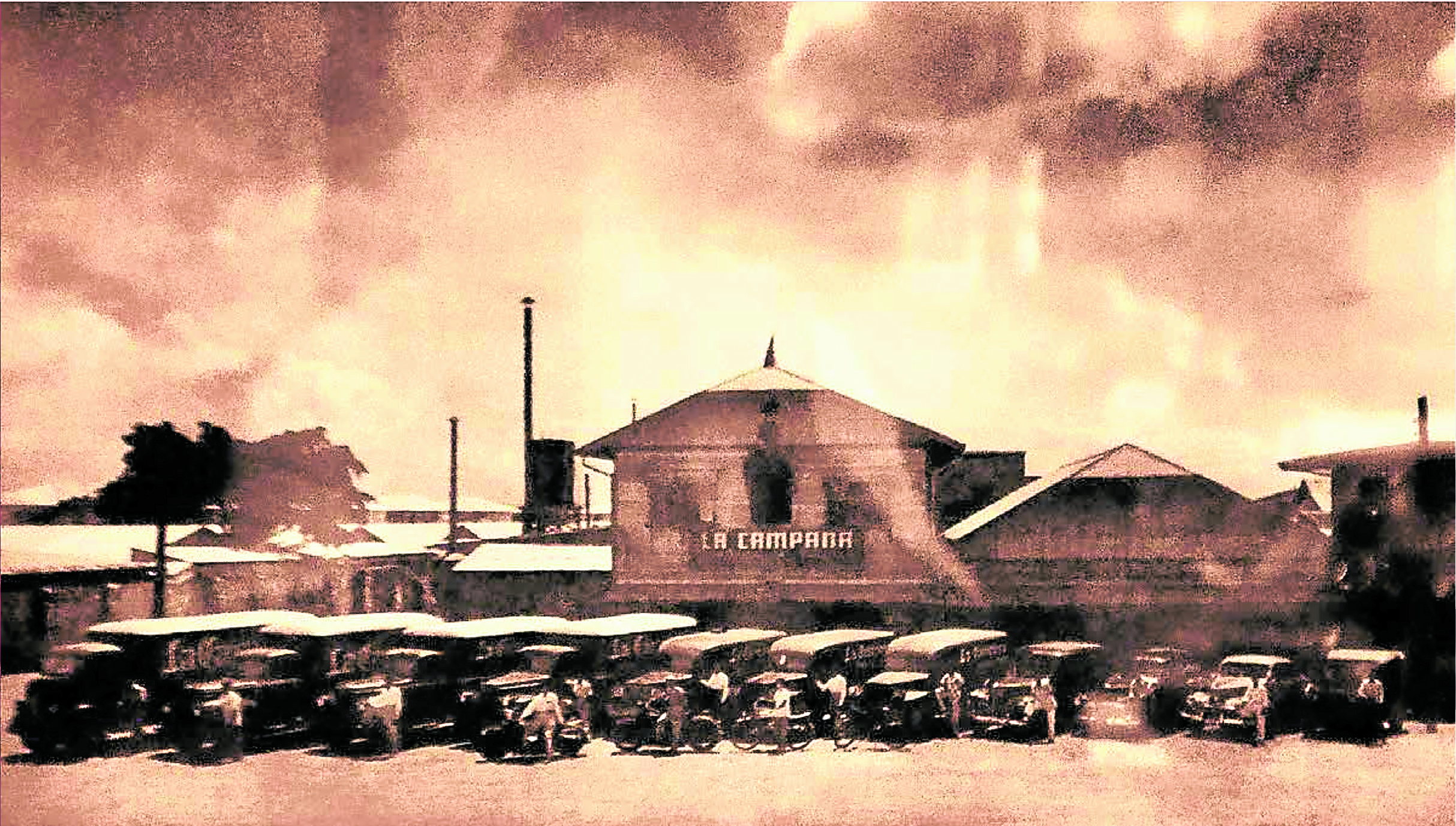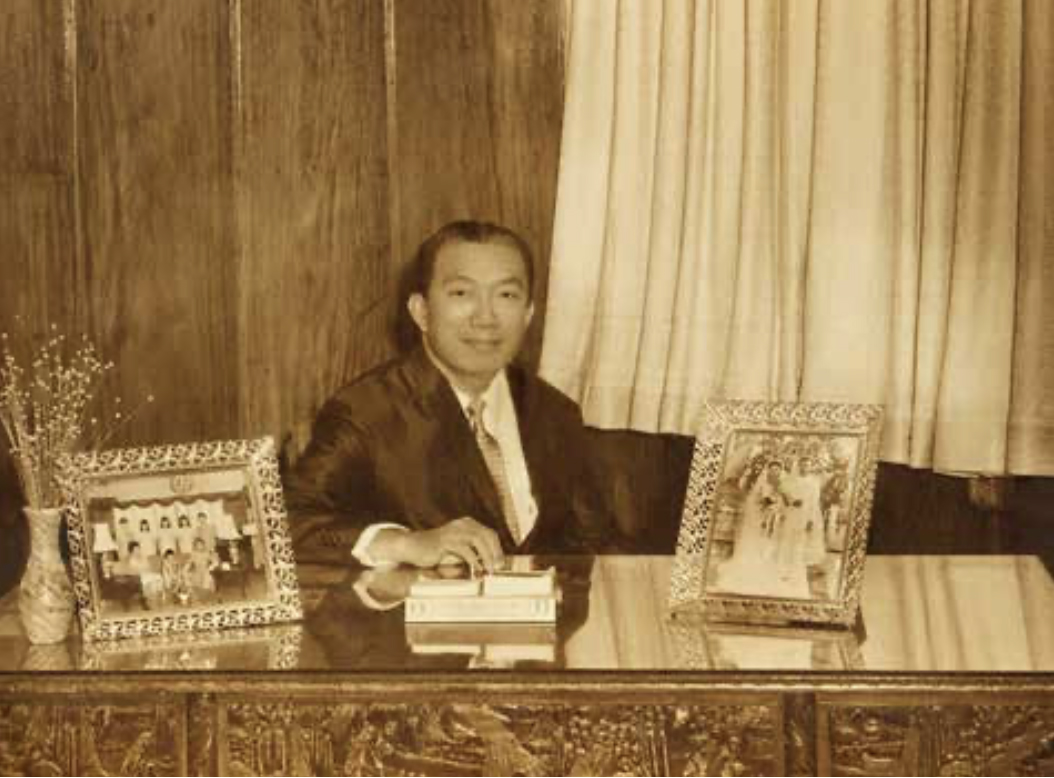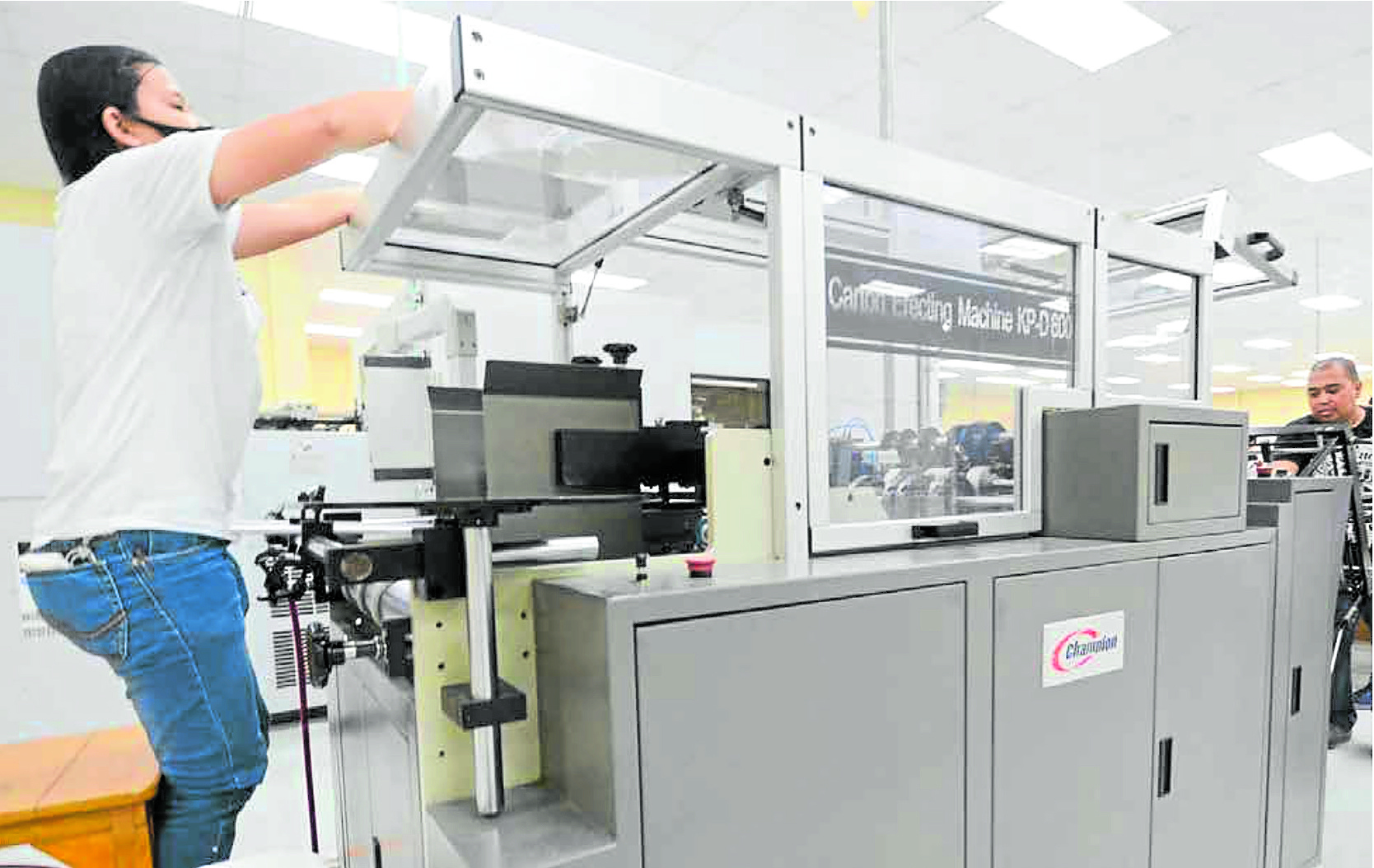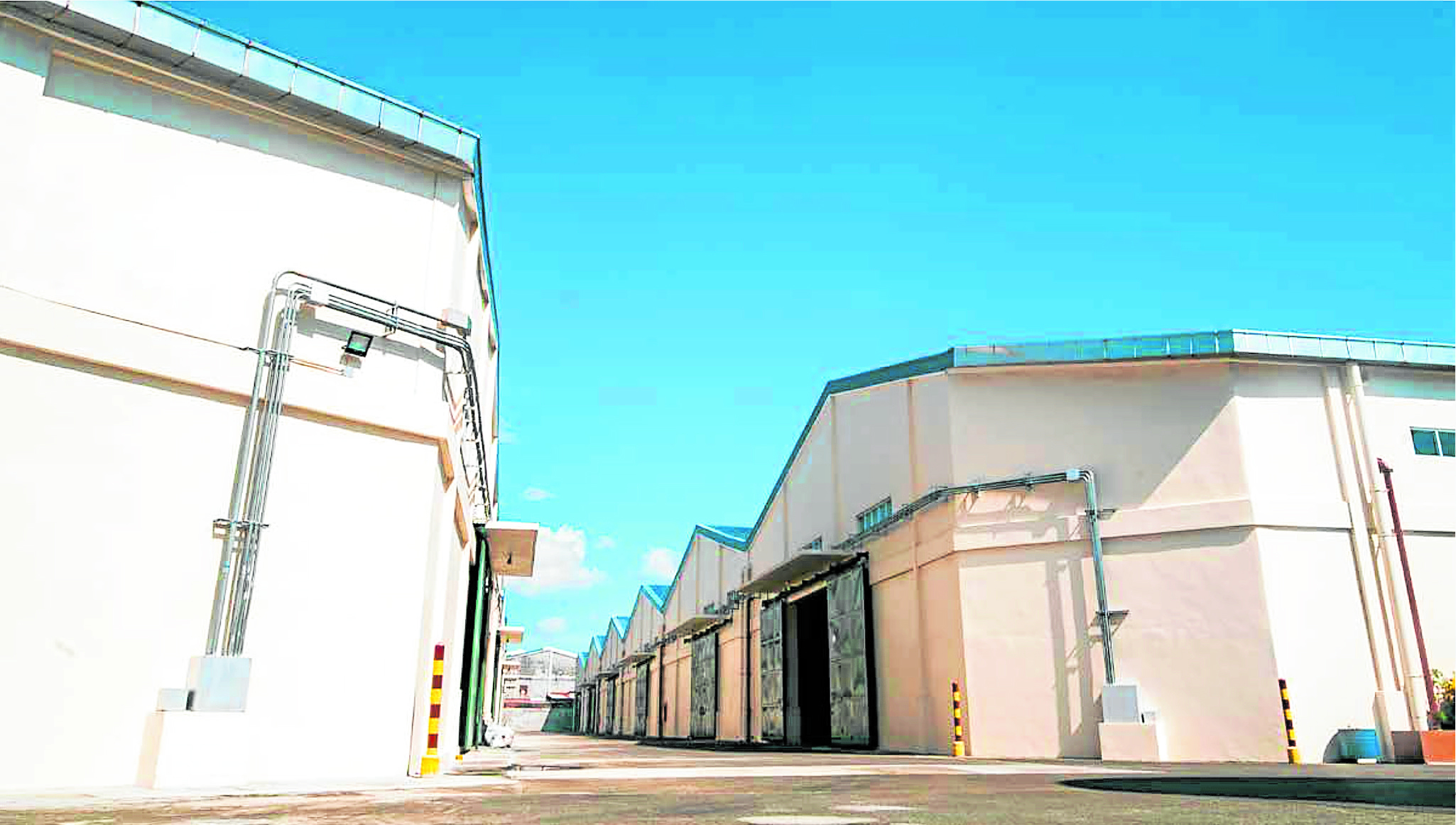From ashes of tobacco business rise new ventures
Low-key, but loaded.”
That’s how many people who know them describe the Wongchuking family to people who ask about them.
The description is an accurate one, since the members of the clan that built the La Campana cigarette empire out of the ruins of war in 1945 have been known to shun the limelight. But the “loaded” part was not always true.
The founder of the Makati City-based firm, Wong Chu King, was born on Christmas Day of 1912 in what was then a small village in Jinjiang, Fujian province.
In 1922, his father moved the family to the Philippines, along with many mainlanders seeking to escape poverty in China and join what was then an economic boom in the country that had just become an American colony a few years earlier.
Article continues after this advertisementAs a teenager, Wong Chu King—who later became known to friends and associates as “Mr. King”—peddled jute sacks, empty bottles and, later on, cigarettes, to make a living. What followed were difficult years, including a return to China, and then returning to the Philippines just as World War II broke out.
Article continues after this advertisement(According to Chinese naming convention, Wong Chu King is a Romanized version of his Chinese name, where “Wong” should be his last name. But as a casual adaptation of his name to the Philippine naming custom, which follows the order of given, middle and surnames, he eventually came to be known as “King” or “Mr. King”).
After the war, Wong Chu King and his friends Ong Lowa, Baa Dy and Ong Pay—whom he met during his days as a cigarette salesman—registered La Campana Fabrica de Tabacos Inc. on Sept. 20, 1945, with the Securities and Exchange Commission. Its first factory was located along 775-778 Tayabas Street, Manila.
Business was good, and a second factory along Pasong Tamo was built a few years later, complete with more modern machines that allowed them to increase production levels.
And in the course of doing his sales rounds in Naic, Cavite, one day, he entered a grocery to drop off cigarettes and met a young Nelia Pardo Dy who was manning the counter of her aunt’s store. He found himself making more trips to the grocery with the pretext of making deliveries, but was actually courting her until, as fate would have it, they were married in 1949, and went on to have seven children.
Business was so good that the company eventually had to find larger premises, moving to a larger compound along Sultana Street in Makati City in 1954, on the banks of the Pasig River and adjacent to the Santa Ana racetrack—a property that the family still owns today.
In his book about the family’s history, author Mac Arillo described King as a “determined, diligent and decisive” businessman.
“He was a very modest man who had big dreams. But King’s daily exploits inside his empire were, according to his employees, his most admirable qualities. His deeds are an oral history passed on by the numerous employees who have considered themselves lucky to work under his wing.
According to Nelia, a very important trait that King possessed is empathy. Employees give credence to this claim by their gesture of loyalty and support in building the founder’s vision, despite numerous setbacks, that enabled them to keep on going.
Like most Filipino-Chinese businessmen, King was a micromanager. He is constantly seen making rounds across different departments, ensuring everything is up to pace.
What many employees like about him is his ability to come across as a doting father and a teacher, rather than a boss. He was always smiling and was very approachable.
Coming from his experience during the early days of his business, he taught employees the proper ways to avoid wastage, not only in tobacco and cigarette production, but life in general as well.
He was known not to publicly reprimand nor insult anybody if they were having missteps in their duties. For instance, if an employee accidentally spills tobacco leaves on the floor, he would be the first one to help pick them up and quietly tell the person to carry on and do better next time.
If he sees a worker who is visibly troubled by happenings in the person’s personal life, King would approach, listen and offer his advice—or, if necessary, provide financial assistance.King passed away in 1987 due to a heart attack, but his wife and children continued his legacy and kept the company growing. A few years later, the family’s cigarette business was worth billions and was standing toe-to-toe against industry giants.
But with this growth also came controversy. The company’s flagship brand, Mighty Cigarettes, got embroiled in a tax controversy and, after a lengthy battle, the family sold the business to Japan Tobacco Inc.
Suddenly awash in billions of pesos in cash, the family had to pivot to new lines of business to put its resources to good use.
And pivot successfully it did.
Seventy-five years after the founding of its empire, the Wongchuking family today has interests in real estate, agriculture, warehousing and logistics, printing, apparel manufacturing, and even sponsors a champion basketball team.
One promising business is a company called T12 Polo Land that operates a sprawling complex of warehouses in Guiguinto, Bulacan, which are rented out to the growing number of companies that need storage and logistics facilities.
The family also owns a large agricultural estate in Cavite— named SKZ Farms—which is focused on the fruits, vegetables and livestock sectors.
It is involved in the printing business through Waks Ichiban San Printing Inc. whose high tech machines produce labels and packaging for international fast moving consumer goods brands.
In the growing field of logistics, the Wongchukings own two outfits—Bloomberg Cargo and Cold Storage, and Everest Cold Storage Inc., whose services are utilized by the large food industry clients to get their products from the provinces to large market places in the cities.
And finally, the family has been accumulating real estate space in commercial areas for its future plans—all told, excellent lines of business for an empire that had to pivot away from its traditional roots.
As the Wongchuking and its original La Campana business enters its 75th year, the family is more “loaded” than ever. But perhaps not “low-key” for much longer, at the rate their new ventures are growing.



